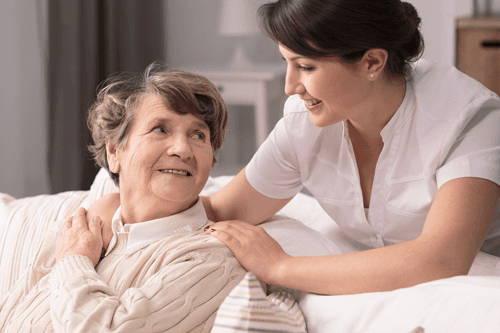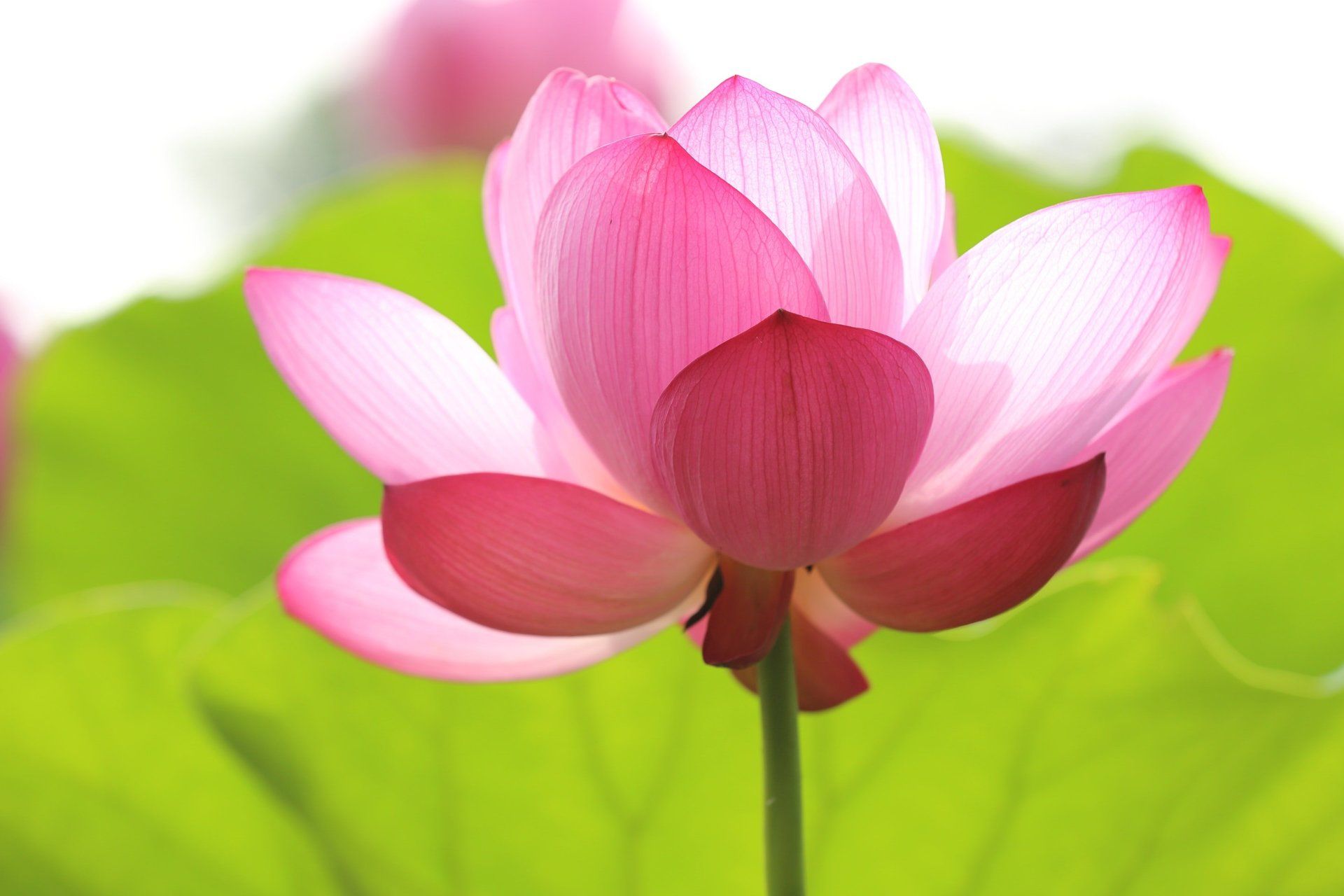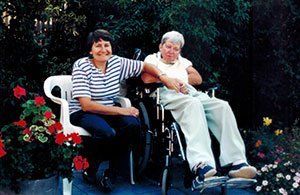Why Some People Should Not Be Caregivers
We have an aging population. Many have prided themselves for being in control of their lives. They have struggled physically, emotionally, financially and spiritually to be independent. Age and infirmity robs them of that independence and they need to receive care. Often they resist, believing all they have fought for will be lost. Many deny their needs for fear of exposing their vulnerability. Many refuse to spend their money on care believing it needs to be saved for the future.
There is a societal belief that when that time comes, family members should look after their own. But in some cases they are the very last people who should be given such responsibility. But society judges the absent family when the elderly person is placed in an institution. Assumptions are made that such adult children are selfish. Let us see if such criticism is well founded.
We all learn from our own life experience. When I was growing up my maternal grand mother lived with us. When she became sick my mother cared for her and my grandmother died in her bed at home. When I was a child, I was sick and my mother looked after me until I could become independent. I therefore grew up learning that we care for each other, we help each other. When my life partner became sick I became a caregiver. It was the natural thing to do. To care for someone who was old, disabled or dependent was what you did. My role models reinforced that caring was rewarding.
But Annette’s memories of growing up were very different. Her grandmother was belittled and chastised for being slow, for dropping things, for not getting to the washroom on time. Annette’s mother banked her mother’s pension cheque each month and came home with a bottle of gin. Following a night of drinking Annette’s mother was no where to be seen and Annette would make her own breakfast and get herself off to school. She would come home and resentfully clean up after her mother. She would turn the radio on loudly to drown out her grandmother’s cries. She blamed her grandmother for taking up too much of her mother’s time. She was angry with her mother for withdrawing to alcohol and neglecting her. Annette and I came away from our childhoods having learned very different lessons. We had very different role models. As presumably, our mothers did.
Fast forward to my aging mother needing care; to my partner needing care. My attitude, my approach and my behaviour would be very different from Annette’s when faced with the same situation.
Annette had no respect for her mother. She resented the lost of her childhood to alcohol and her grand mother. Predictably she was impatient and rough. She found herself losing her temper when her mother was incontinent. She found herself purposely leaving her mother in wet diapers for longer than needed. Annette knew she should never be a caregiver and arranged for her mother to be placed in a nursing home. She could not stand her mother’s whining and pleading when she came to visit and so she stopped visiting. Ultimately her mother died and when she went to collect her mother’s possessions Annette was met by hostile staff who accused her of abandoning her mother. Indeed a resident told her that her mother had died of a broken heart.
Could all this pain have been avoided? What sort of a role model will Annette be for her children?
This is not to say that all those who experienced abusive childhoods will behave the same way when they grow up. But it is worth noting that family behaviour does repeat itself. It is essential that we are aware of our own attitudes towards disability, disease, and giving care. It is important that we recognize our true feelings towards our parents or for whom ever it is that we may be asked to give care. Sometimes it is safer to back away from the responsibility, delegating to others. It is essential we seek professional help be it through counseling or by attending a support group. We must never buy into the belief system that all people can be care givers. It is a learned skill.
Many of us fail to accept that we must acquire the skills, believing we are failures when faced by the first problem. Few of us anticipate ahead of time that we might be caring for another and fail to prepare ourselves with knowledge. We often believe we must go it alone and asking for help is a sign of weakness. In hindsight we may believe we could have done things differently, but we must remember that at the time, we did the best we could.
Face your attitudes and beliefs with honesty and then make appropriate choices when faced with the responsibility of being a caregiver.







